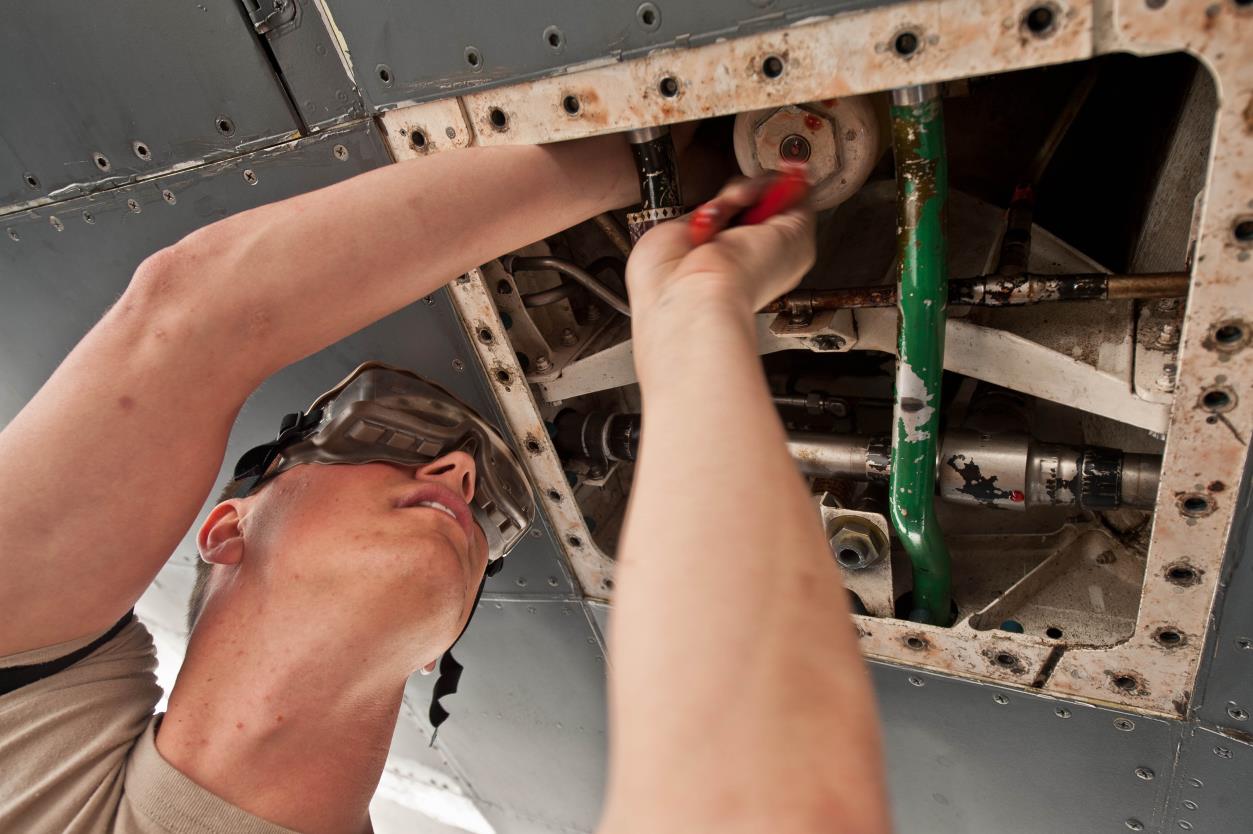Hydraulic systems are incredibly useful for industrial, construction, and agricultural work. However, like any other machinery, they bring risks with their use. Working with or on a hydraulic system can be dangerous, particularly if you are inexperienced or are unaware of what could go wrong.
High pressure levels, toxic fluids, heated gasses, moving parts, unsecured loads, part failure, and electrical faults are all risks. Treated carelessly, they can result in serious injury, disability, or even death.
It’s important to know how to handle, maintain, and safely deactivate your hydraulic machinery. Our guide below will walk you through the basics of staying safe around hydraulics.
Trust The Experts
We recommend having qualified professionals fit and install your hydraulic systems. Look out for engineers who have earned a BFPA/CETOP Level 1 certified hydraulics qualification. This means they have a thorough, tested grounding in the installation, maintenance, and removal of hydraulics. They’ll know what to do to keep everyone on your site safe.
Use Quality Parts
The hose and pressurisation motor you use should be rated for the PSI of your system. Make sure you purchase equipment as close to the date of manufacture as possible – older components can degrade and fail on the shelf. Professionally-made (OEM) hydraulic parts should come with set ‘expiry’ dates on purchase. Do not attempt ‘temporary’ replacements of faulty parts as a quick fix with unrated and untested equipment. Injury or death can result.
Wear Your PPE
Most injuries from hydraulics come from crushing, scalding, or pressurised liquid leaks. Personal Protective Equipment (PPE) acts as insurance. While gloves, overalls, boots, respirators, and googles may not stop the worst incidents, they do offer limited protection against unexpected micro-leaks, part ejections, and sudden detachment.
Perform Regular Maintenance
A well-maintained hydraulic system is a much safer system, particularly if your hydraulics are used or stored outdoors. When offline, check your hydraulic system regularly for signs of leakage (oily puddles and patches), loose lines, over or under pressure, broken lines, and dirt intrusion. Replace filters, drain release valves, and lubricate fittings to help keep the machine running smoothly. Low reservoir levels, poor pressurisation (check the gauge), and stalling hydraulics can be signs that something is wrong.
Beware – Moving Parts
Avoid standing underneath heavy loads or moving parts. Keep all limbs and your hands clear of pistons, arms, and cylinders.
Stop The Hydraulics
If you suspect your hydraulic system is damaged, deactivate it immediately and keep it offline and depressurised. Using a broken system, particularly if handling heavy loads, risks immediate and catastrophic hydraulic failure.
Practice Safe Servicing
NEVER attempt to service any part of a machine while the hydraulic system is still in use. Lower and chain any boom arms or platforms to the ground or block the load in position before you start work. Make sure that the release and return valves are used to fully depressurise and cool your system. Return as much hydraulic liquid as possible to the reservoir before any interior work begins. The only procedure that should be done while the machine is running is bleeding the hydraulic system of liquid. Maintain a careful distance and run the machine on a low pressure while doing so.
AVOID Touching The Hydraulic Lines
You should NEVER approach or touch a pressurised hydraulic hose, tank, or pipeline with your bare hands. This is because of pinhole leaks. Pinhole leaks are the most dangerous threat most hydraulic workers face, and they can be very difficult to detect. They can inject your skin with intense volumes of toxic hydraulic liquid when a hydraulic system is left running at as little as 100 PSI.
There is also the risk of burns. Always remember that many hydraulic lines generate intense interior heat, and can retain their pressure and heat for many hours, or even days, after being taken off line. Severe injuries from hydraulic fluid contact include hand amputation, toxic shock, or even death if hypodermic injection occurs. Use a long piece of cardboard or a metal dipstick when searching for a breach in a line, ideally on a deactivated and depressurised system.
Couple Properly
Badly fitted parts can result in the high-pressure ejection of components, an interior malfunction, or dangerous leaks. Make sure your adapters and hose can work comfortably with each other and they are correctly attached before use.
Transport and store hydraulics carefully!
Always secure hydraulic parts in transit firmly with chains or guy lines. Make sure that your hydraulics are stored away from pests (such as rats) and children, ideally indoors in a warm, dry space. Avoid exposing hydraulics to elements such as salt water that could rust or rip them open.
Find Out More
Our hydraulic and pneumatic systems are designed with inbuilt health and safety in mind, but precautions should always be taken when operating or servicing hydraulic parts. For more information please contact our team by email on info@hydra-star.co.uk.



